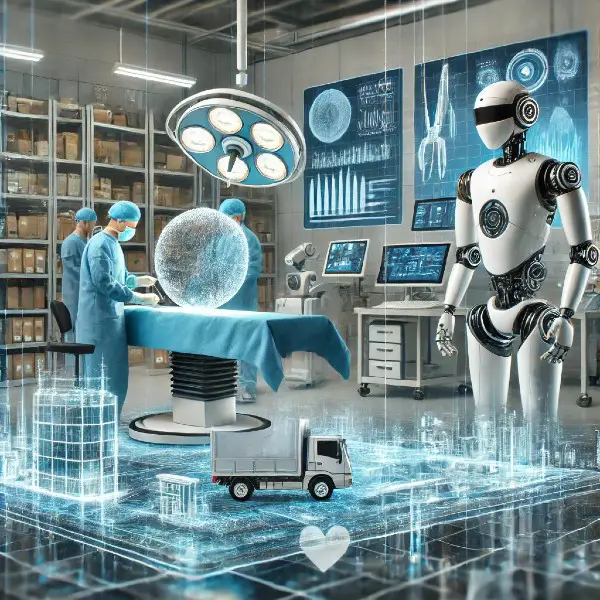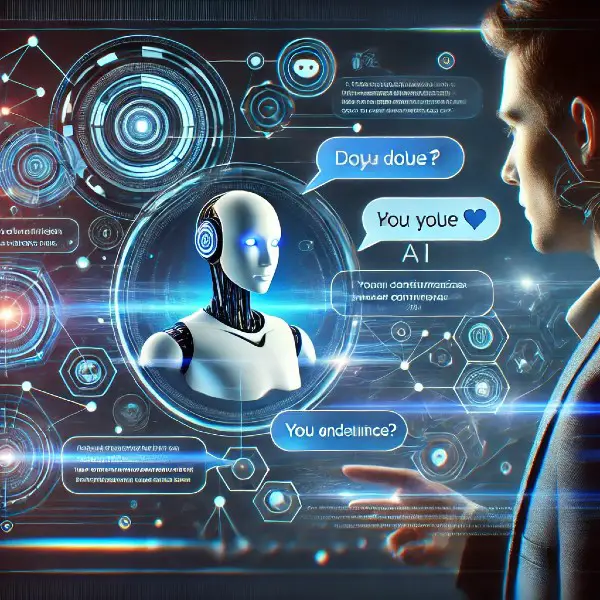AI Horizon Artificial Intelligence (AI) continues to revolutionize various industries, and healthcare is no exception. As we move deeper into the digital age, the integration of AI-driven robotics in healthcare and business is not just a possibility but an inevitable reality. Robotics, powered by AI, is poised to transform patient care, streamline business operations, and enhance overall efficiency. In this article, we explore the significant impact of AI in healthcare and business, particularly through the lens of robotics.
The Evolution of AI Horizon in Healthcare
The healthcare industry has always been on the lookout for innovative solutions to improve patient outcomes, reduce costs, and streamline processes. AI has emerged as a key player, offering advanced tools for diagnostics, treatment planning, and patient monitoring. Robotics, a subset of AI, is now being utilized in surgeries, rehabilitation, and even in patient assistance. Robots like the da Vinci Surgical System are allowing surgeons to perform minimally invasive procedures with enhanced precision, reducing recovery times and improving patient outcomes.
Robotics in Business Operations
Beyond healthcare, AI-driven robotics is making waves in the business sector. From automating mundane tasks to optimizing supply chain operations, robotics is reshaping how businesses operate. Warehousing, manufacturing, and even customer service are seeing significant improvements in efficiency and accuracy thanks to robotic automation. The ability of robots to work 24/7 without fatigue makes them invaluable assets in industries that demand high productivity.
The Intersection of AI Horizon and Robotics in Healthcare and Business
The convergence of AI and robotics offers unparalleled opportunities for both healthcare and business sectors. In healthcare, robots are being used to transport supplies, disinfect rooms, and even assist in complex surgeries. Meanwhile, in business, AI-powered robots are optimizing logistics, ensuring product quality, and enhancing customer interactions. This intersection is leading to the creation of more integrated systems where AI and robotics work hand-in-hand to achieve common goals.
Challenges and Ethical Considerations
While the integration of AI and robotics in healthcare and business holds great promise, it also raises several challenges and ethical considerations. Issues such as job displacement, data privacy, and the potential for AI bias must be addressed. Moreover, the deployment of AI and robotics requires substantial investment and a skilled workforce to manage and maintain these systems. Ensuring that these technologies are used ethically and responsibly is crucial for their long-term success.
The Road Ahead: Embracing AI-Driven Robotics
As we look to the future, it is clear that AI-driven robotics will play a crucial role in shaping the healthcare and business landscapes. The potential benefits are immense, from improved patient care and outcomes in healthcare to enhanced productivity and efficiency in business operations. However, realizing this potential requires careful planning, investment, and a commitment to addressing the ethical challenges that accompany these advancements. By embracing AI and robotics, we can pave the way for a more efficient, effective, and ethical future.
Reference
- AI Horizon in Healthcare: The integration of AI in healthcare has reached a pivotal point, where its potential to revolutionize patient care is both exciting and daunting. According to Harvard Business Review, the AI horizon in healthcare is defined by innovations that can enhance diagnostic accuracy, streamline clinical workflows, and improve patient outcomes. However, these advancements also come with challenges related to data privacy, ethical considerations, and the need for rigorous validation of AI tools. As AI continues to evolve, healthcare systems must balance the benefits with the inherent risks.
- AI Horizon and Ethical Implications: As AI technology advances, it’s critical to address the ethical implications that arise at the AI horizon. A report by The Brookings Institution highlights the importance of transparency, accountability, and fairness in AI systems, particularly in public sectors such as healthcare. The report discusses how AI’s potential to improve efficiency and decision-making must be tempered with strong ethical guidelines to prevent biases and ensure equitable access to AI-driven innovations.
- AI Horizon and Future Opportunities: The AI horizon is not only about the current state of technology but also about the future possibilities it presents across various industries. McKinsey & Company explores how AI is poised to unlock new opportunities, from enhancing customer experiences to driving operational efficiencies. As industries navigate the AI horizon, they must remain agile and adaptable, embracing the technology while addressing the challenges it poses, such as workforce displacement and the need for reskilling.

Revolutionizing Digital Interactions: Unleashing the Potential of ChatGPT Login








